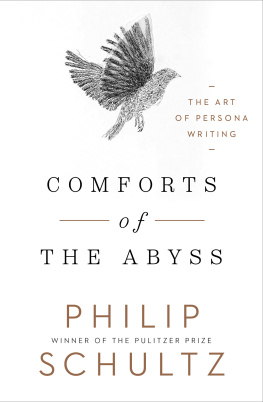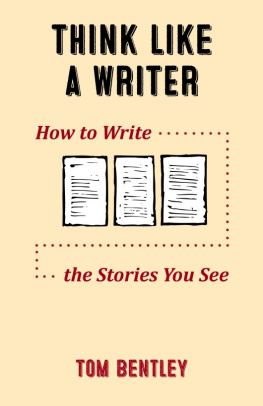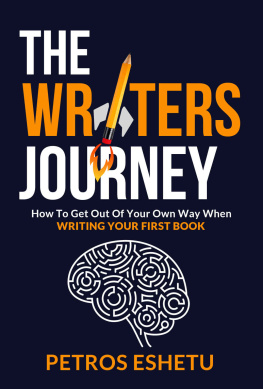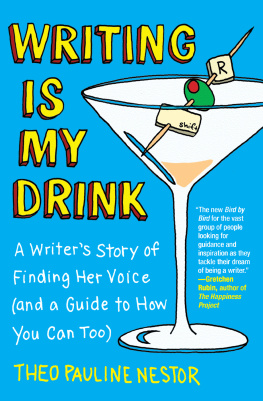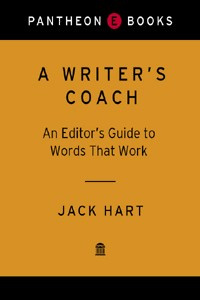
COMFORTS
of the
ABYSS
THE ART OF PERSONA WRITING
PHILIP SCHULTZ

W.W. NORTON & COMPANY
Independent Publishers Since 1923
ALSO BY PHILIP SCHULTZ
Luxury
The Wherewithal: A Novel in Verse
My Dyslexia
The God of Loneliness, Selected and New Poems
Failure
Living in the Past
The Holy Worm of Praise
My Guardian Angel Stein
Deep Within the Ravine
Like Wings
For Monica, who, believing the world a better place when people are creative, helped create this idea and school
And for all our students and teachers who turned a vision into a reality
It is true that negation is the minds first freedom, yet a negative habit is fruitful only so long as we exert ourselves to overcome it, adapt it to our needs; once acquired it can imprison usa chain like any other. And slavery for slavery, the servitude of existence is the preferable choice, even at the price of a certain self-splintering: it is a matter of avoiding the contagion of nothingness, the comforts of the abyss.
E. M. CIORAN
Emotion, which is suffering, ceases to be suffering as soon as we form a clear and precise picture of it.
SPINOZA
Success, like happiness, cannot be pursued; it must ensue, and it only does so as the unintended side-effect of ones dedication to a cause greater than oneself or as the by-product of ones surrender to a person other than oneself.
VIKTOR E. FRANKL
All happiness in life depends on having the energy to assume the mask of some other self.
W. B. YEATS
T he Writers Studio was imagined and cobbled together, idea by idea, and mistake by mistake, over the past thirty-five years. I could easily enough claim that its main conceptthat of persona writing, or borrowing another writers narrator, his or her personality, attitude, and tone, and filtering ones own emotions and story through, say, the lusty bravado of a Walt Whitman or Ernest Hemingway, the ironic whimsy of an Isaac Babel, or the intensely focused and radical agitation of an Emily Dickinson or Elizabeth Bishopevolved out of my early love of first-person narrators. This extra layer of sympathy and confidence affected me as a reader as well as a writer. The writer began to look at whatever I was attempting to say in a more objective and discerning way, and the reader would often forget that I was reading altogether and take on the very persona that was telling me one of these extraordinary stories and poems to the extent that Id go around pretending I was Jake Barnes in The Sun Also Rises and Holden Caulfield in The Catcher in the Rye, and even old Huck Finn in Adventures of Huckleberry Finn. Their opinions and attitudes became mine, and I would even try to talk and act the way I imagined they did. Which wasnt an easy feat for a dyslexic. I didnt know that I was dyslexic until much later, or that it was the reason I didnt learn to read until I was eleven, was held back twice, and grew up thinking I was dumb, but this way of reading and seeing the often-confusing world around me allowed me to see myself as a character in stories I wanted to not only read but write.
The writing process is seldom logical, and writers of any seriousness often enough see themselves as unabridged and curious creatures, desirous of the very thing they fear most: exposure of any kind. I know now that if Im not made uncomfortable by something Im writing Im probably not saying anything of value, that true emotional connection almost always creates anxiety. Why else would I need to investigate every thought and act, remain stubbornly suspicious of every desire and surprise, of even my very motivation to create? Isnt it only reasonable that I should feel like a stranger to myself, knowing that the excitement I seek in revelation is matched with dread of equal, if not superior, strength? That this is what the great project of creative thinking is all about, finally, knowing and revealing our incapacities and most intimate thoughts in a cautionary tale we tell ourselves when we think no one else is listening? Isnt this what all the masters were about, tooHenry James, Tolstoy, George Eliot, Shakespeare, Gerard Manley Hopkins, and most certainly Walt Whitmanperforming on their psyches surgeries of such magical persuasion they were willing to bring forth what they may have perceived as shameful and pathetic, to disrupt their most intimate sense of privacy and contentment?
And what is it exactly thats being exposed?
It is true that negation is the minds first freedom, E. M. Cioran, the brilliant Carpathian philosopher, tells us in his wonderfully dark and powerful study of alienation and futility, The Temptation to Exist, negation being a negative habit... fruitful only so long as we exert ourselves to overcome it, adapt it to our needs. I was moved by these words long before I understood them, or my perverse fascination with my own negativity and feelings of fragility and hopelessness. A friend, Ralph Dickey, who attempted to introduce me to a more esoteric world of literature long before I understood why I was so resistant to reading any more than what seemed essential or necessary, first told me about Cioran in a letter he wrote in 1970:
Maybe Ill xerox it [Temptation to Exist] and send it to you.... You should buy or steal copies of his [E. M. Ciorans] books.... He is brilliant, if nothing else, well horrifying too. And hes probably right in his fundamental argumentthat consciousness is a diseasebecause hes right at almost every point along the way. He was constantly giving me books to read (I want to send you the whole world, Phillip, and say, What do you think? ). We were each in our own way attempting to illuminate the world of darkness that lived in us with literature and our writing and its more than ironic that I should find the title for this book in a book he first told me about nearly fifty years ago. Ironic and beautifully fitting.
As a child I often felt as if I were living someone elses life, a kind of apprenticeship to someone I was supposed to be or become, that I was in fact only borrowing my personality, living in servitude to a force or authority greater than myself. This sense of displacement only grew stronger when, at eighteen, I witnessed my fathers slow, resolute self-destruction one small, consistent disappointment and business failure at a time. And years after Ralph slowly and painfully succumbed to what he saw as the irresistible allure of his self-loathing, I too became aware of my own infatuation with what Cioran called the servitude of existence... the comforts of the abyss, and began to wonder what would happen if, instead of denying the embrace of this negative force, our very hunger for servitude, one used it as a source of inspiration and creativity. Failure, which played so large a role in my fathers life and in my own undiagnosed dyslexic flounderings, eventually became a source of creative strategy and intuition, a subject to draw and paint, and later to write poems and stories about; a means of turning my self-splintering into a method of survival and comfort.
Every writer and artistevery human beingis familiar with this dark presence, whose sole purpose is the diminishment of the self, to undermine and discourage our every attempt to distinguish ourselves, to instill fear, doubt, and anger in our every thought, to censor and curtail our every creative desire so well continue to play it safe, and sit there, in the dark, remembering all the things we didnt have the presence of mind or courage to say or do in our defense, all the things we cant bring ourselves to forget or forgivethe voice that endlessly second-guesses our good intentions, casts doubts on all the reasons why we should even desire to exist. Its no longer hard to recognize it after every sign of recognition or success, whispering its dark little secrets in my ear, the biggest being its identity, which is perhaps why it camouflages its voice, wanting us to think this pinched, tinny voice is our own, that its only us thinking all these dark, negative thoughts about something we wrote or said, wanting us to believe that were only being realistic about our abilities, that this caustic, unsympathetic voice is just trying to protect us from further harm, further shame.
Next page
